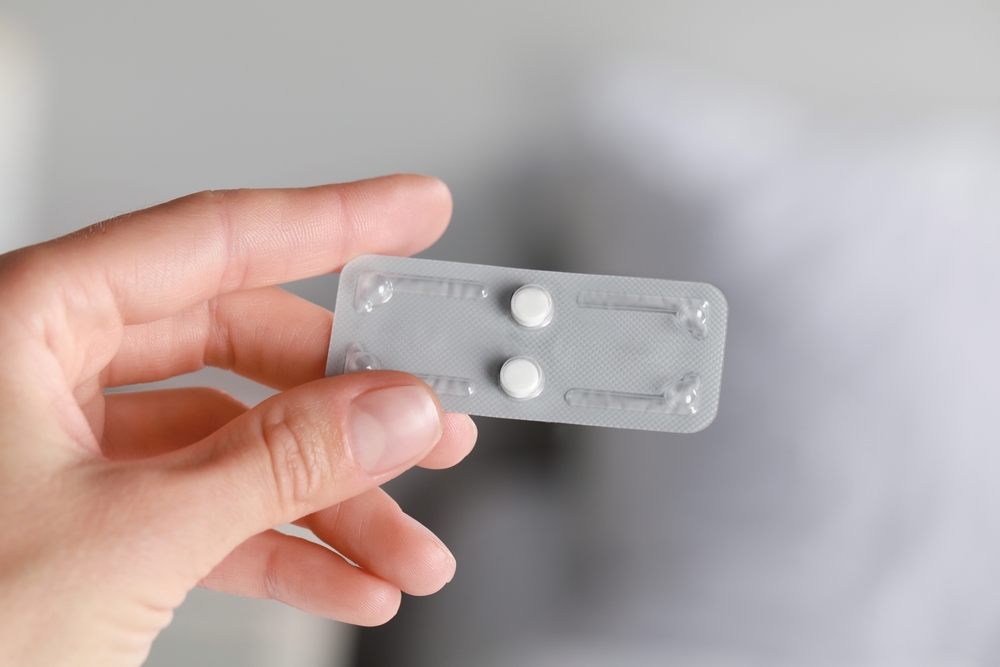Progress in cannabis research is accelerating, making it challenging to stay up-to-date with the full range of therapeutic compounds found in the plant. The use of marijuana to treat a number of severe medical conditions has been made legal in several US states. With a medical marijuana card, one can purchase, possess, and use marijuana with ease in the state. One can obtain the cheapest medical marijuana card from a number of telemedicine platforms available online, apply for it while lounging in their own home, and take advantage of cannabis’s many therapeutic benefits.
You may be familiar with delta-9 THC and the newly discovered delta-8 THC, which is a cannabinoid that is considerably less strong than the well-known THC.
Another naturally occurring trace cannabinoid found in marijuana is delta-10 THC. It can still make you feel high even though it is far less potent than typical delta-9 THC. Because Delta-10 isn’t subject to federal regulation, you might also be concerned about its safety.
What Is Delta-10 THC?
THC comes in the form of delta-10. Although its atoms are arranged differently, it has the same chemical formula as regular THC and produces different effects.
It is not possible to ingest substantial amounts of delta-10 from the cannabis plant itself, in contrast to delta-9 THC, which is present in such minute quantities. The majority of delta-10 products are made synthetically. They are created in a laboratory, given a thorough refining process, and then combined to create goods like gummies and vape cartridges.
Naturally occurring delta-10 THC is believed to be a byproduct of degraded delta-9 THC rather than a cannabinoid produced by the plant, similar to cannabinol (CBN), a cannabinoid known for its effects on sleep.
Delta-10 THC vs. Delta-8 THC: Key Similarities and Differences
Chemically speaking, delta-8 and delta-10 THC are fairly similar and have milder, less effective therapeutic effects. Both are much less common than delta-9-THC and are small cannabinoids found in marijuana plants.
Anecdotally, it seems that other cannabinoids have more potency than delta-10. Compared to the euphoric experience that delta-8 THC provides, it is said to provide a more energetic and less sedative effect.
Many users prefer delta-10 products over high-concentration THC products because they have less psychoactive effects, like anxiety and paranoia.
How Delta-10 THC Affects Your Body
Little research has been done on delta-10’s physiological effects to date. Delta-10 probably interacts with our endocannabinoid system (ECS) and binds to cannabinoid receptors in the brain, central nervous system, and other regions of the body, just like other cannabis compounds do.
Health Benefits and Uses
Although there isn’t much research on delta-10 THC, preliminary anecdotal evidence is encouraging. The following are a few potential health advantages of delta-10 and other cannabinoids:
Stress Relief
It is said that delta-10 THC has a calming and uplifting effect. It doesn’t cause the same level of extreme euphoria (or possibly paranoia) as other THC compounds.
The softer cannabinoid might help with stress relief, mood enhancement, and energy enhancement.
Anti-anxiety
Since delta-10 THC promotes relaxation, it shouldn’t have the same unfavorable side effects or anxiety-inducing effects as strong delta-9 products. For this reason, delta-10 is a good option for reducing anxiety without making you feel drowsy.
Side Effects and Risks
Even so, the euphoric effects of delta-10 are far weaker than those of regular delta-9 THC. These substances still require further study, and the particular ECS and tolerance levels of each person will yield varying outcomes.
It’s crucial to use only premium, laboratory-tested delta-10 THC products. There are dishonest businesses that are glad to sell low-quality or low-potency delta-10; since the FDA does not control this substance, research is necessary.
It’s crucial to keep in mind that, similar to delta-8 products, delta-10 THC is produced rather than obtained from cannabis. Although there’s no reason to panic, use caution when consuming synthetic cannabinoids until further studies are conducted and any possible negative effects are completely understood.
How to Use
Delta-10 THC should be used responsibly and cautiously, just like any other cannabis or CBD product. Common techniques for ingestion consist of:
- Vaping
- Smoking
- Edibles
- Topicals
- Tinctures
Choose a method of ingestion that supports your desired level of health. It might be better to start with a topical product if you’re new to cannabis as opposed to something more potent and fast-acting like vaping.
To find out the most effective ways to take delta-10 THC, consult a Leafwell doctor.
Note: It is always advisable to speak with an MMJ doctor before beginning any kind of cannabis use.
Dosing Guidelines
The right amount of cannabis to take depends on a number of key elements, such as your tolerance and health objectives.
While consulting a physician to establish precise dosage amounts is usually a good idea (particularly if you’re a novice), the following recommendations can help you manage your delta-10 THC intake:
Beginners: Start at a low dose of 5 mg or less, not exceeding 15 mg
Intermediate: Up to 20 mg
Advanced: Up to 40 mg
Dosing should take into account the methods of ingestion as well. Starting with lower edible doses and higher topical doses is a good general rule of thumb.
Delta-10 Alternatives
You can try a variety of other hemp-derived compounds if delta-10 isn’t your thing. The most popular is CBD, which is available in a wide range of forms, such as topicals, edibles, tinctures, oils, and capsules.
Delta-8 THC is a marginally more potent alternative if delta-10 THC isn’t quite strong enough for your requirements. Bear in mind that cannabinoids derived from hemp, like delta-10 THC and CBD, are unregulated by the federal government. It is imperative to ascertain the legal status of CBD in your state for this reason.
Final Verdict: Should You Use Delta-10 THC?
Delta-10, which has many of the same advantages as cannabis but with less potency than delta-9 THC, might be a good choice if you’re nervous about stronger compounds.
But use caution when using products that haven’t undergone FDA safety and effectiveness testing, as they might contain dangerous chemicals. See if delta-10 THC is right for you by speaking with a cannabis doctor if you have any concerns or would like more information.






